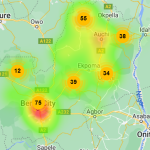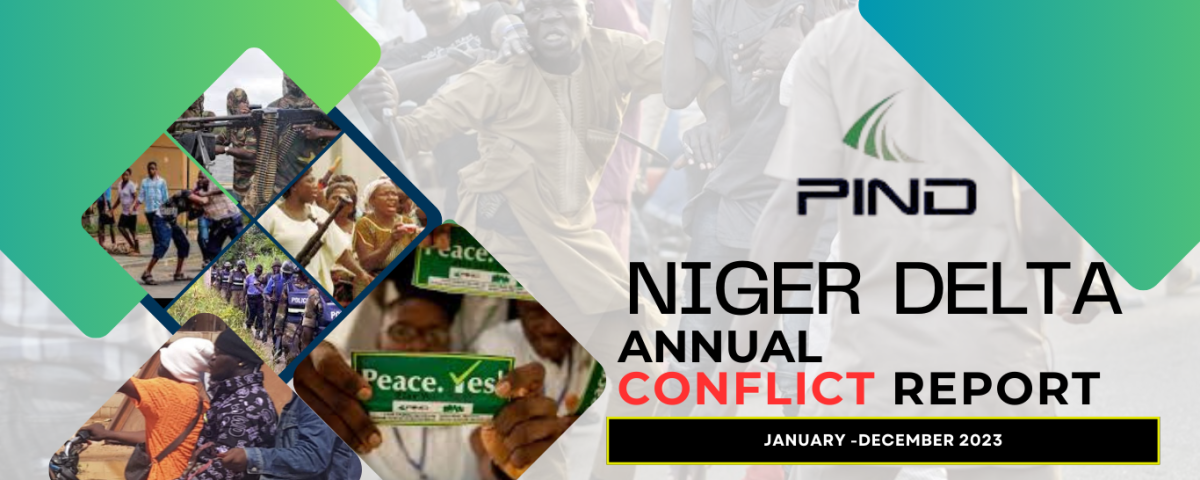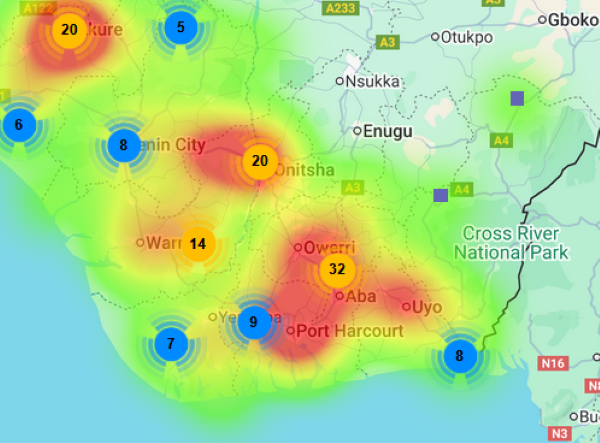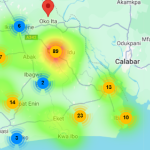
Niger Delta Weekly Conflict Update: May 05-11, 2024
May 10, 2024
NUPRC Commences Bidding Round for 12 Oil Blocks
May 16, 2024
In 2023, the Niger Delta region experienced a notable decrease in lethal violence, with fatalities dropping by 25% compared to the previous year. This decline can be attributed to collaborative efforts among various stakeholders, including civil society organizations, international development agencies, local peace actors, and government security agencies. These entities implemented multiple interventions targeting the diverse drivers of conflict and instability within the region.
A comprehensive analysis of conflict trends and patterns by Foundation for Partnership Initiative in the Niger Delta PIND, reveals several key insights. While communal violence decreased significantly at the regional level, certain states experienced an uptick in fatalities stemming from communal conflicts, notably Cross River. Criminal violence and clashes between cult gangs remained persistent issues, with slight increases observed in both categories.
The primary drivers of violent conflict and insecurity in 2023 encompassed criminal activities such as robbery and kidnapping for ransom, clashes between hoodlums and security forces, cult-related violence, separatist agitation, political and election-related violence, communal disputes over land and boundaries, natural disasters, and violence against women and girls.
Notably, organized criminality emerged as the most lethal form of violence, causing over 635 fatalities across more than 390 incidents. Gang violence followed closely, with 170 reported fatalities during the period. While incidents of communal violence, separatist agitation, and violence against women and girls decreased, political and election-related violence surged by 288% compared to 2022.
Although certain states like Rivers, Delta, and Imo continued to grapple with high levels of lethal violence, overall, the region witnessed a decline in violent conflict and insecurity in 2023. Key local government areas (LGAs) such as Oguta (Imo), Emohua (Rivers), and Oredo (Edo) reported the highest number of fatalities during the year.
While progress has been made in mitigating conflict and promoting peace within the Niger Delta, sustained efforts and targeted interventions are necessary to address the underlying drivers of violence and insecurity, ensuring the region’s continued stability and development.
Click HERE for Full Report : Niger-Delta-Annual-Conflict-Report-2023.pdf (629 downloads )









